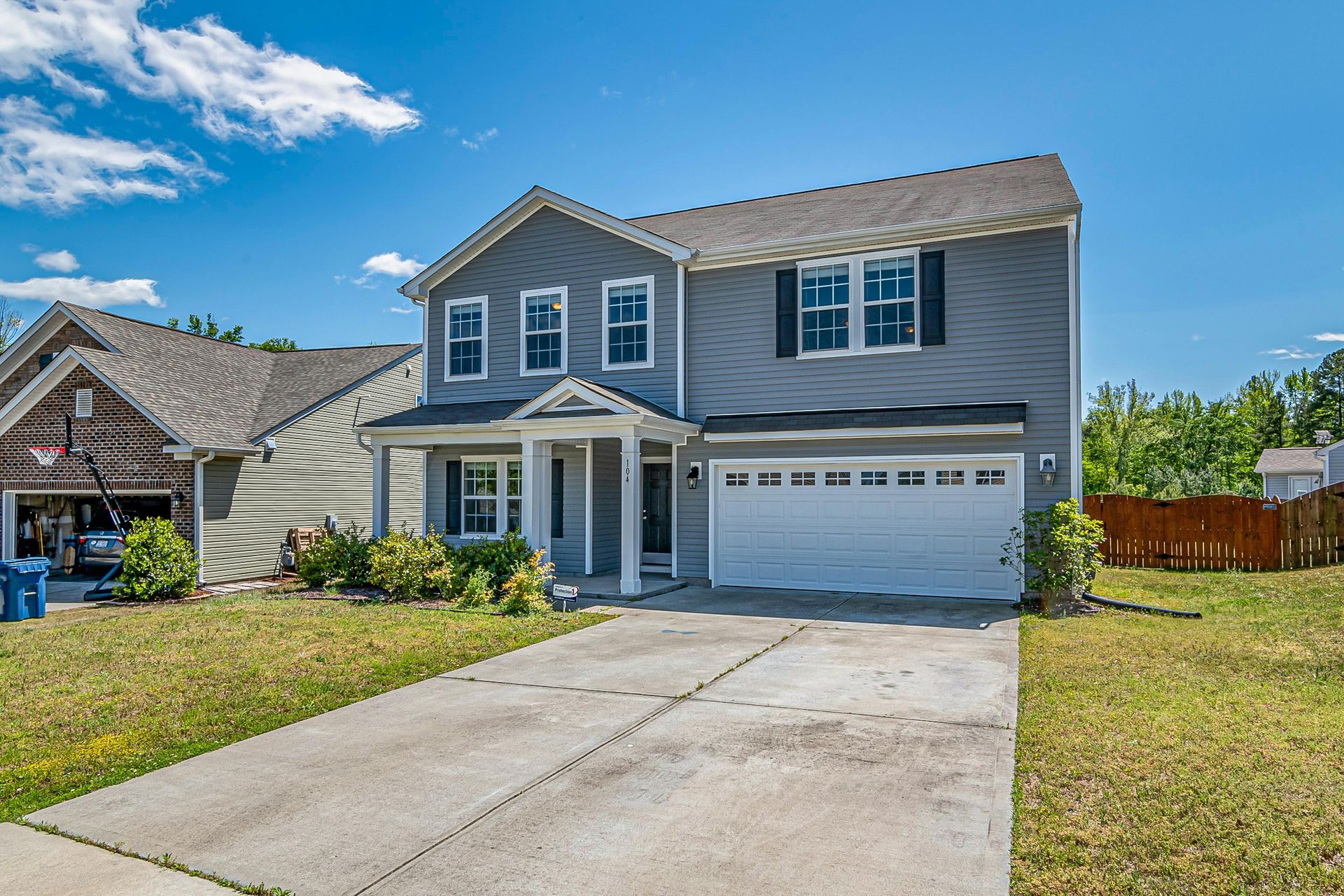The Pros and Cons of Selling Your Home As-Is for Cash
March 18, 2025
Selling a property as-is for cash can feel like a leap of faith, especially if you’ve heard conflicting opinions on the subject. On the one hand, it promises reduced stress and the potential for a quicker closing. On the other hand, you may be unsure of how much money you’re truly leaving on the table by forgoing repairs. Below, we’ll delve into the advantages and drawbacks of handing over your house in its current condition to a cash buyer. We’ll also dissect some prevailing misconceptions, offer comparisons between renovating before selling and opting for an as-is deal, and give insights into whether this route could be beneficial for you.
Understanding the As-Is Cash Sale
Many homeowners assume that selling as-is translates to a rock-bottom price. However, this approach depends on factors like local housing demand, your home’s overall condition, and the nature of the sale. Selling as-is
can eliminate many of the encumbrances that often come with more extensive property showings or lengthy negotiations. When a property is offered for cash, for instance, buyers typically face fewer potential delays tied to financing. This streamlined process can help you avoid common hurdles and get you to the closing table more quickly.
The Upside: Faster Completion and Fewer Unexpected Costs
Selling a home in its current condition can fast-track the entire transaction. One of the most appealing aspects is the chance to finalize the sale without worrying about last-minute negotiations over repairs or upgrades. Traditional inspections often reveal issues that can derail a sale at the eleventh hour, leaving sellers scrambling to fix problems. With an as-is sale, these curveballs are less likely to arise.
Throw into the mix the possibility of less out-of-pocket expense. When you coordinate with a buyer who specializes in as-is properties, you often avoid shouldering the costs of repainting, updating appliances, or redoing the roof. Skipping these improvements can mean you save both money and time. For some sellers, the relief of not having to juggle contractors or secure temporary housing during renovations is reason enough to choose an as-is arrangement.
Potential Pitfalls: Lower Sale Price and Limited Buyer Pool
One of the biggest hesitations surrounding an as-is transaction centers on the final sale price. While some cash buyers will offer you a fair market value (adjusted to reflect the property’s condition), there’s a chance you might receive less money overall compared to a property that’s been renovated. The lower price tag is often attributed to the buyer’s willingness to take on immediate repairs and the risk that certain hidden issues could crop up.
Common Misconceptions: Not All Cash Offers Are the Same
It’s easy to lump together all cash buyers as a single type of investor. In reality, their motivations can vary greatly. Some will offer a quick, hassle-free process backed by a proven track record. Others might set artificially low prices in an attempt to profit from a seller’s urgency. The key is to do your homework and engage a buyer with a transparent reputation. Checking online reviews and reading previous seller testimonials can help you spot a reliable specialist.
Comparing Renovation Costs vs. Selling As-Is
Costly home upgrades can sometimes deliver a substantial return on investment (ROI). However, the timing and market trends can make a big difference. For instance, if you plan on installing a new roof that costs $7,000, you’ll want to ensure that it adds enough perceived value to your final sale price to justify the investment. Different projects vary in their ROI, and sellers need to choose upgrades wisely.
For some homeowners, the initial expenses of renovations—and the risk of recouping less than anticipated—can become burdensome. A cash sale as-is might make more sense if you want to bypass the unpredictability of the remodeling process. By comparing the potential ROI on specific upgrades with the certainty of a quick closing, you’ll have a clearer picture of which path is right for you.
Making the Decision
Choosing whether to sell as-is for cash or invest in renovations can hinge on multiple factors, including your financial position, timeframe, and tolerance for logistical hassles. Before deciding, it can be helpful to assess whether you’re prepared for the everyday disruptions of renovations or if you’d rather accept a lower (though quicker) offer. If the convenience and simplicity of a cash deal override the potential of a higher, repair-dependent sale, going as-is could be your best bet.
If you have more questions about what it means to sell your Kentucky home in its current condition or simply want to weigh your options more concretely, contact Joe Homebuyer Kentucky
to discuss a possible as-is cash sale. By digging into your unique situation, you’ll be better equipped to decide what will benefit you most.
In the end, it comes down to your comfort level. Selling your home in its existing state can cut out the stress of major renovations while ensuring a swift conclusion. Alternatively, upgrading your property might yield a higher profit if the circumstances allow. An honest evaluation of your goals—and your home’s condition—should guide your decision. With the right insights and a reliable buyer, an as-is cash sale could streamline your exit from one chapter into the next, offering welcomed stability during a potentially hectic period in your life.










